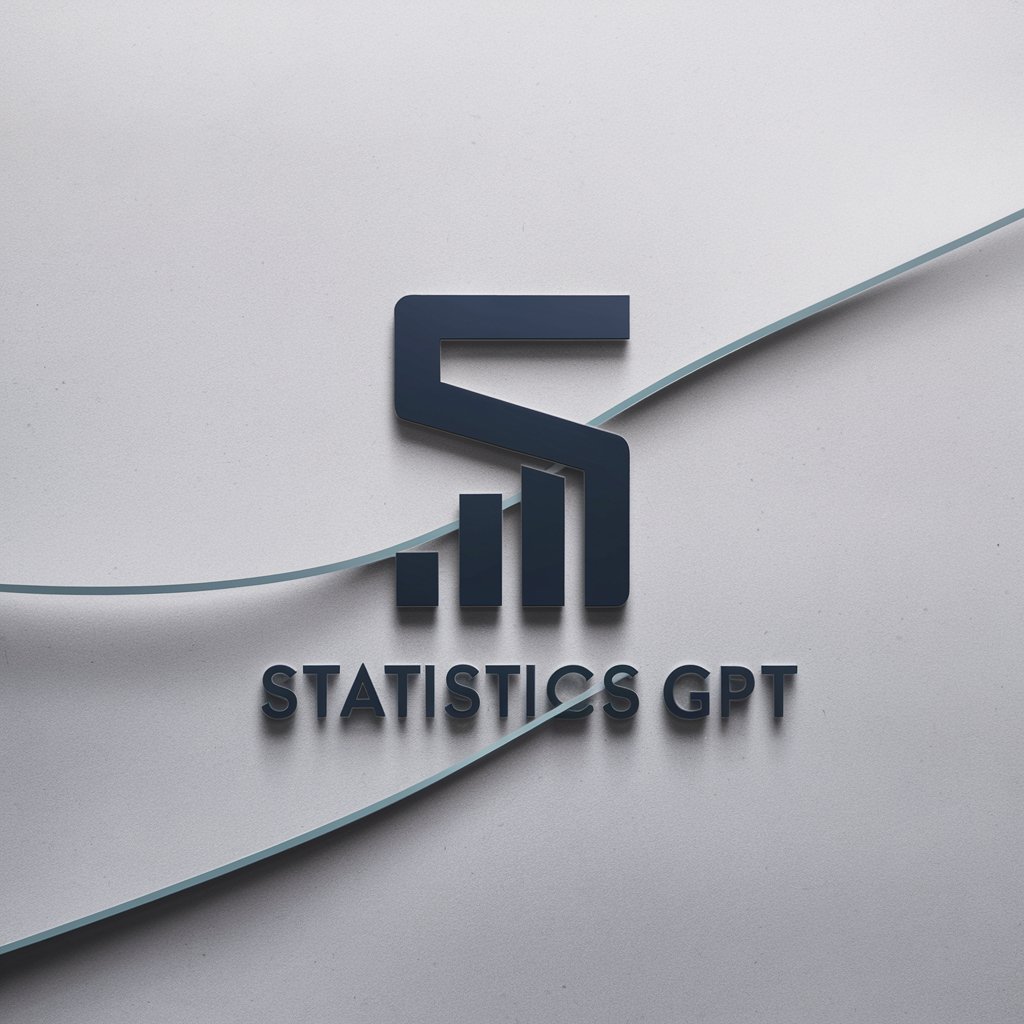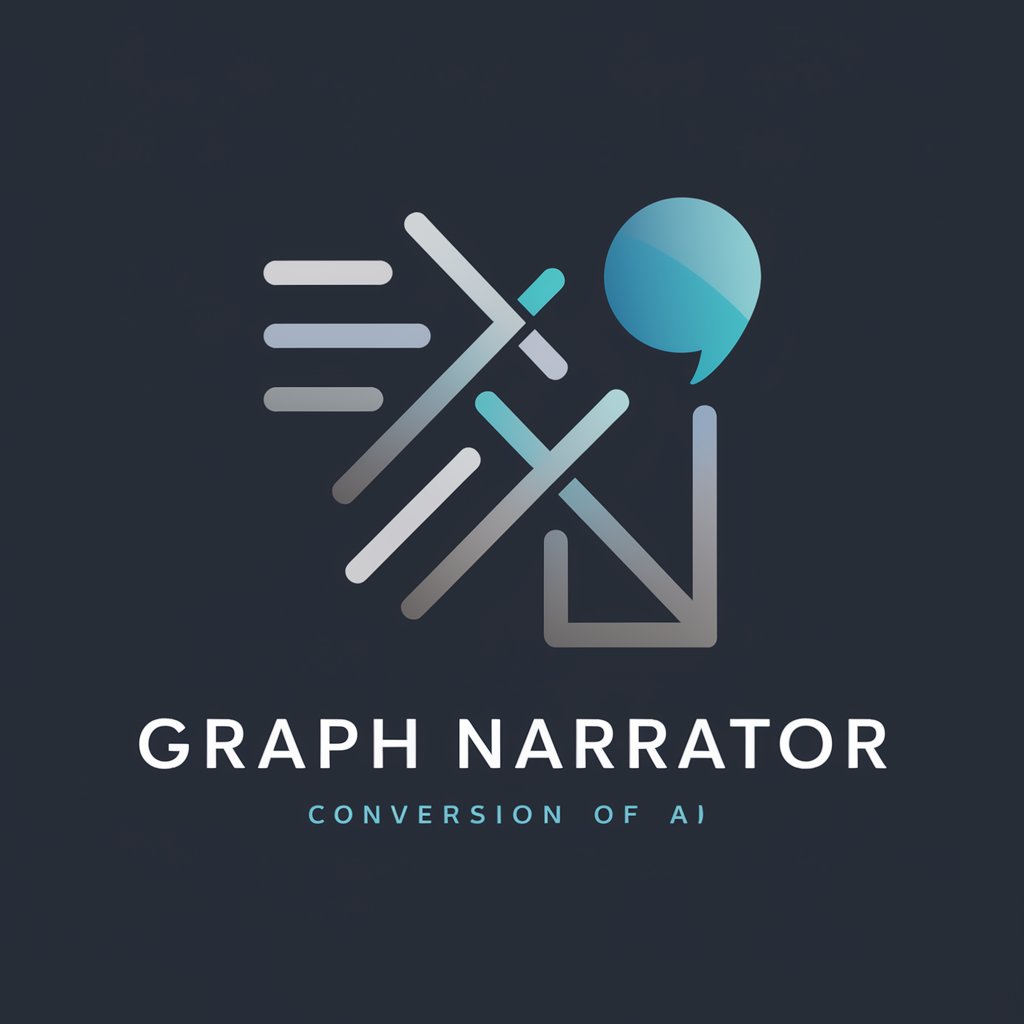11 GPTs for Scientific Data Powered by AI for Free of 2026
AI GPTs for Scientific Data refer to advanced machine learning models specifically designed to process, analyze, and generate insights from scientific datasets. These Generative Pre-trained Transformers (GPTs) are tailored for scientific research, offering solutions for data analysis, hypothesis generation, and literature review. They play a crucial role in accelerating scientific discovery by providing customized, intelligent support for handling complex datasets and research questions.
Top 10 GPTs for Scientific Data are: Graph Maker,Advanced Data Visualization,Document Summarizer by Reportifi.ai,Statistics GPT,Data Visualisation Assistant,Data Visualizer,Wiki Explorer,GptOracle | The UFO/UAP Researcher,World Fact Finder,Data Excelerator
Graph Maker
Craft compelling stories with AI-powered graphing.

Advanced Data Visualization
Visualize Data with AI Power

Document Summarizer by Reportifi.ai
Condensing Complexity with AI

Statistics GPT
Empowering Analysis with AI-driven Statistics

Data Visualisation Assistant
Visualizing data, simplifying insights.

Data Visualizer
Turning Data into Insightful Visuals with AI

Wiki Explorer
AI-powered Wikipedia Deep Dive

GptOracle | The UFO/UAP Researcher
Unlocking the Mysteries of the Skies

World Fact Finder
Empowering Curiosity with AI-Powered Insights

Data Excelerator
Empower Your Data with AI

Graph Narrator
Transforming graphs into insights with AI

Key Attributes of Scientific Data GPTs
These AI tools boast exceptional adaptability, capable of managing tasks ranging from data interpretation to generating research hypotheses. Key features include natural language processing for understanding scientific literature, data analysis capabilities for uncovering patterns in complex datasets, and image generation for visualizing scientific concepts. Moreover, their continuous learning ability ensures they stay updated with the latest scientific advancements.
Who Benefits from Scientific Data AI
AI GPTs for Scientific Data are invaluable to a broad audience, including research novices, seasoned scientists, and data analysts. They democratize access to advanced data analysis, making these tools accessible to individuals without programming skills, while offering extensive customization for those with technical expertise. This inclusivity fosters a wider adoption of AI in scientific research and data analysis.
Try Our other AI GPTs tools for Free
Intrusive Thoughts
Discover how AI GPT tools for Intrusive Thoughts can offer personalized support and insights, helping manage unwanted thoughts effectively.
Daily Coping
Discover how AI GPTs for Daily Coping can transform your approach to mental well-being with personalized, AI-driven support and coping strategies tailored to your needs.
Room Makeover
Revolutionize your room makeover with AI GPTs – intelligent, adaptable, and user-friendly tools designed for everyone from DIY enthusiasts to professional designers. Experience the future of interior design today!
Office Refurbishment
Discover AI GPTs for Office Refurbishment: Tailored AI solutions transforming office makeover projects with innovative design ideas, technical support, and project management insights.
Facebook Advertising
Revolutionize your Facebook advertising with AI GPT tools designed for dynamic ad creation, optimization, and audience engagement. Ideal for marketers at all levels.
Investment Support
Discover how AI GPTs for Investment Support can transform your investment strategy with advanced analytics, real-time insights, and user-friendly features tailored for both novices and professionals.
Expanding the Horizons with AI in Science
AI GPTs are revolutionizing the scientific field by offering tailored solutions that enhance data analysis, hypothesis generation, and the overall research process. Their user-friendly interfaces and integration capabilities make them an indispensable tool in modern scientific endeavors, promising to elevate the efficiency and depth of scientific investigations.
Frequently Asked Questions
What exactly are AI GPTs for Scientific Data?
AI GPTs for Scientific Data are specialized machine learning models designed to analyze, interpret, and generate insights from scientific datasets, facilitating research and discovery.
How do these AI tools support scientific research?
They offer capabilities such as natural language processing for literature review, data analysis to identify trends, and image generation for concept visualization, enhancing research efficiency.
Can non-programmers use these AI tools effectively?
Yes, these tools are designed to be user-friendly for non-programmers, offering intuitive interfaces and guidance for conducting complex data analyses.
Are there customization options for those with coding skills?
Absolutely, developers and data scientists can leverage APIs and scripting to tailor the AI's functionality for specific research needs or integrate it into existing workflows.
What sets these GPTs apart in handling scientific data?
Their adaptability, advanced analysis capabilities, and ability to learn from new scientific developments make them uniquely suited for the scientific domain.
How do these AI tools stay current with scientific advancements?
They continuously learn from new data, research publications, and user interactions, ensuring their insights and outputs remain relevant and up-to-date.
Can these tools generate new research hypotheses?
Yes, by analyzing existing data and trends, they can suggest novel research directions and hypotheses for further exploration.
How can AI GPTs integrate into existing research workflows?
They can be easily integrated thanks to APIs and customizable interfaces, allowing researchers to augment their current methodologies with AI capabilities.